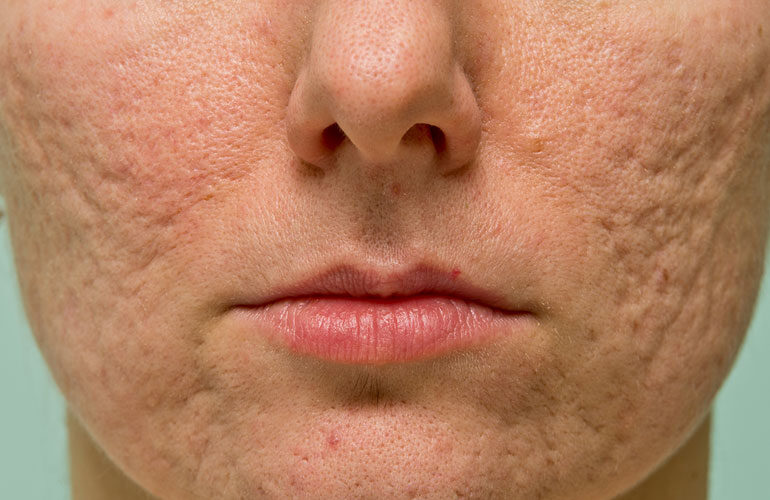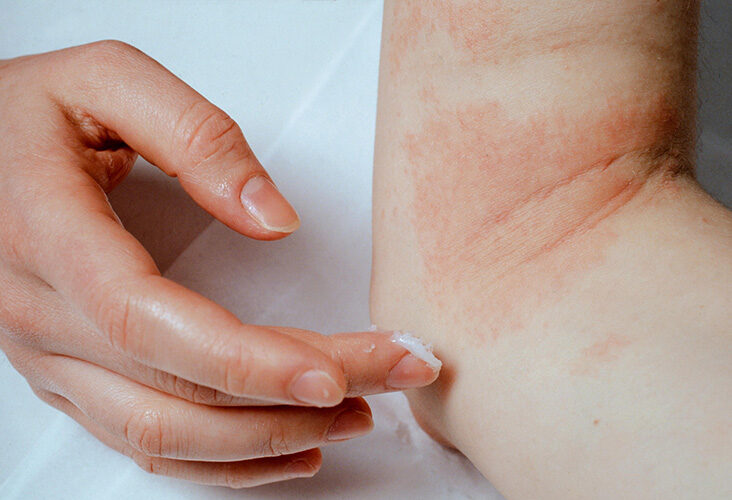Many patients with acne seek treatment to eliminate their breakouts and promote smooth skin. Although many therapies effectively eliminate acne, they leave behind scars that can interfere with a patient’s goals. However, before starting any acne scar treatment Coral Gables, your physician will develop an approach to eliminate your acne without any room for new scars to form.
What are acne scars?
Acne scars develop on patients’ skin whose breakouts penetrate deep into the skin damaging the underlying tissue. There are different types of acne scars. Your doctor will complete a complete evaluation of your skin to understand the acne scars and thus develop an appropriate management approach that will restore flawless skin.
A physical examination is also necessary to help your doctor determine your skin tone. Skin tone is another factor influencing treatment type. For example, deep laser treatments are not for patients with darker skin tones because they are predisposed to scarring and pigmentation. Most physicians pretreat darker skin tones with 4% hydroquinone before proceeding to other treatments like micro-needling.
Atrophic acne scars
Another name for this type of scar is depressed acne scars—the most prevalent location for atrophic acne scars in the face. Most patients develop atrophic acne scars because of inadequate collagen production to support wound healing after acne treatment. Atrophic acne scars form under skin tissue. The three main types of atrophic scars include:
- Boxcar: These atrophic scars cover a wide surface area. Moreover, boxcar scars are U-shaped and with sharp edges. Microdermabrasion is the perfect treatment for shallow boxcar acne scars because the treatment leverages skin resurfacing techniques that eliminate any concerns through peeling. Post-inflammatory pigmentation may develop in dark skin-toned patients who undergo laser resurfacing for boxcar treatment. Physicians prescribe 4% hydroquinone for at least a month before treatment.
- Icepick: Although these scars may be narrow, they develop deep into the skin tissue. For this reason, a physician needs to create a treatment that will eliminate these v-shaped scars from the inside.
- Rolling: These atrophic scars cover a wide area and have irregular shapes.
Hypertrophic scars
These acne scars mainly develop in the chest and back. The main cause of these raised scars is the overproduction of collagen during skin healing.
What is the best treatment for acne scars?
Physician intervention is crucial for treatment efficacy because it involves accurate scar diagnosis to develop an ideal approach to eliminate patient concerns. The main treatments physicians recommend for acne scar reduction may involve:
- Alpha hydroxy acids (AHAs): This approach is effective because AHAs found in acne treatment products eliminate dead skin cells that might be flogging the pores and thus promote efficacy. This treatment is ideal for all types of acne scars and is the perfect solution for patients who seek to make their acne scars less noticeable.
- Lactic acid: This treatment is what you need if you wish to lighten your scars and improve your skin texture and appearance. Lactic acid is also effective in improving skin pigmentation. You may try diluting Apple cider vinegar and applying it as a toner because it contains natural lactic acid. However, it would be best to collaborate with a professional before trying at-home treatment because they may worsen your condition, especially if you have sensitive skin. Contact Martha Viera, MD, to start on the best acne scar treatment that will improve your skin appearance and thus boost your self-confidence.

